Home>Fans, Heaters & Lighting>How Many Watts Does a Space Heater Use?
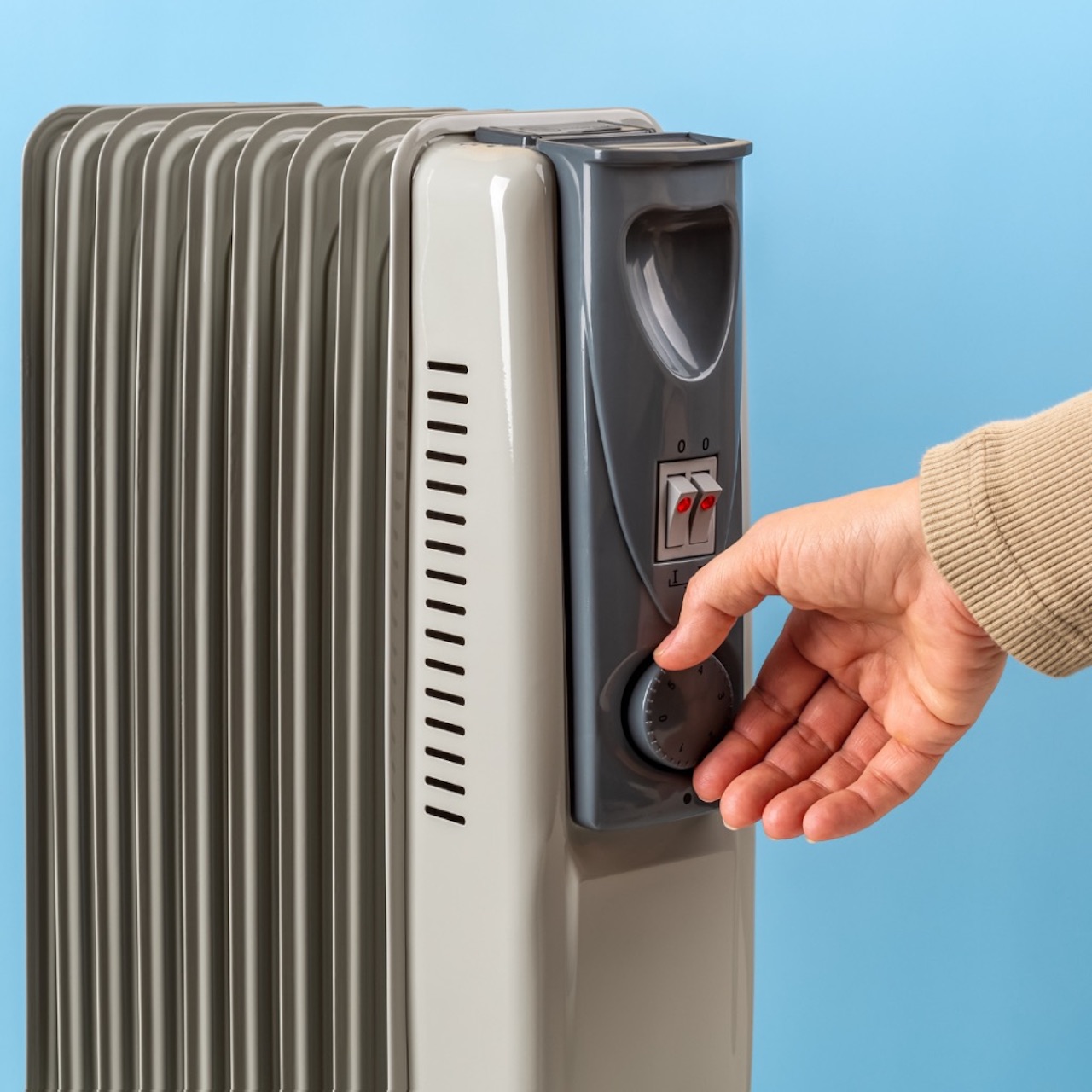

Fans, Heaters & Lighting
How Many Watts Does a Space Heater Use?
Modified: February 29, 2024
Discover how many watts is a space heater with our informative articles. Learn about the different wattage options and choose the right one for your heating needs.
(Many of the links in this article redirect to a specific reviewed product. Your purchase of these products through affiliate links helps to generate commission for Storables.com, at no extra cost. Learn more)
Introduction
Space heaters have become increasingly popular in modern homes and offices as a cost-effective and efficient way to heat specific areas. Whether you’re looking to warm up a chilly bedroom, add extra heat to your living room, or create a cozy work environment in your office, space heaters can provide that extra comfort you desire. However, before investing in a space heater, it’s important to understand the role that watts play in the heating capabilities of these devices.
In this article, we will dive into the world of space heaters and explore how many watts they typically consume. We’ll also discuss the factors that affect the wattage of a space heater, how to choose the right wattage for your specific needs, and important considerations for energy efficiency and safety.
By the end of this article, you’ll have a better understanding of the watts needed for your space heater, enabling you to make an informed decision and optimize your heating experience.
Key Takeaways:
- Understand the importance of wattage in space heaters to effectively heat specific areas. Factors like space size, insulation, climate, and usage duration influence the wattage needed for optimal heating and energy efficiency.
- Prioritize safety and energy efficiency when choosing and using a space heater. Consider features like adjustable thermostats, programmable settings, and overheating protection, while following safety guidelines for placement and maintenance.
Understanding Space Heaters
Before delving into the wattage of space heaters, let’s first gain a better understanding of these devices. Space heaters are portable heating units designed to provide localized warmth in small to medium-sized spaces. Unlike central heating systems, which heat the entire home or building, space heaters are designed to heat specific areas.
There are several types of space heaters available on the market, including electric heaters, gas heaters, oil-filled radiators, and ceramic heaters. Each type has its own unique features and advantages, but for the purpose of this article, we will focus primarily on electric space heaters, as they are the most commonly used.
Electric space heaters utilize an electrical power source to generate heat. They typically consist of heating elements, a fan or blower, and a thermostat to regulate temperature. The heating elements convert electrical energy into heat, which is then dispersed into the surrounding space by the fan or blower.
Understanding how space heaters work is essential for determining the appropriate wattage needed to effectively heat your desired area. The wattage of a space heater directly correlates with its heating power and energy consumption.
Now that we have a basic understanding of space heaters, let’s explore the factors that can affect the wattage of these devices.
Factors Affecting Watts of a Space Heater
The wattage of a space heater can be influenced by several factors. By understanding these factors, you can make an informed decision when selecting the wattage for your specific needs:
- Size of the space: The size of the area you want to heat plays a significant role in determining the wattage of a space heater. A larger space will require a higher wattage heater to effectively warm the area. As a general rule of thumb, for every 10 square feet of space, you’ll need approximately 1,000 watts of heating power.
- Insulation and room layout: The insulation of your space and the layout of the room can also impact the wattage required. Poor insulation or drafts may require a higher wattage heater to compensate for heat loss. Additionally, rooms with open floor plans or high ceilings may require more wattage to evenly distribute the heat.
- Climate: The climate of your geographical location can influence the wattage needed. Colder regions will generally require higher wattage heaters to combat the frigid temperatures.
- Desired temperature: The desired temperature you wish to maintain in your space will also impact the wattage required. If you prefer higher temperatures, you may need a higher wattage heater to achieve and sustain that level of warmth.
- Usage duration: How long you plan to use the space heater each day will also affect the wattage needed. If you intend to use the heater for extended periods, you may opt for a lower wattage model to conserve energy and reduce operating costs.
These factors should be carefully considered when determining the appropriate wattage for your space heater. Keep in mind that selecting the right wattage helps to ensure effective heating while minimizing energy consumption.
Now that we understand the factors that influence wattage, let’s explore the typical wattage ratings of space heaters.
Typical Wattage of Space Heaters
The wattage of space heaters can vary depending on the type and model you choose. It is important to note that higher wattage does not necessarily mean better heating. The appropriate wattage for your space heater depends on the factors we discussed earlier.
On average, electric space heaters typically range from 750 watts to 1500 watts. These are the most common wattage ratings you will encounter when shopping for a space heater. Here is a breakdown of the typical wattage options:
- Low Wattage: Space heaters with a wattage of 750 to 900 are suitable for small spaces such as personal offices, small bedrooms, or bathrooms. These heaters generate a modest amount of heat and are ideal for maintaining a comfortable temperature in small areas.
- Medium Wattage: Space heaters with a wattage of 1000 to 1200 are suitable for medium-sized rooms or areas. They can effectively heat spaces like living rooms, larger bedrooms, or small offices. These heaters provide a moderate heating capacity and are popular choices for everyday use.
- High Wattage: Space heaters with a wattage of 1500 or more are high-powered units suitable for larger areas or rooms with poor insulation. They can quickly and efficiently heat up larger spaces, such as open-concept living areas, basements, or garages.
It’s important to remember that the wattage rating alone does not determine the actual heating performance. The efficiency and technology of the space heater also play a significant role in how effectively the heat is distributed and maintained in the area.
Now that we have a better understanding of the typical wattage options, let’s discuss how to choose the right wattage for your specific needs.
When choosing a space heater, consider the size of the room you want to heat. As a general rule, you’ll need about 10 watts per square foot of space. So, for a 150 square foot room, a 1500-watt heater should be sufficient.
Choosing the Right Wattage for Your Space Heater
Choosing the right wattage for your space heater is crucial to ensure optimal heating performance and energy efficiency. Here are a few guidelines to help you select the appropriate wattage for your specific needs:
- Consider the size of the space: Assess the square footage of the area you want to heat. As mentioned earlier, a general rule of thumb is 1,000 watts per 10 square feet. Determine whether you have a small, medium, or large space and choose a wattage range accordingly.
- Evaluate insulation and room layout: Take into account the insulation of your space and the layout of the room. Poorly insulated rooms or those with drafts may require higher wattage heaters to compensate for heat loss. Also, consider the room’s layout, including its openness and ceiling height, as this can affect heat distribution.
- Assess your climate: If you live in a colder climate, you may need a higher wattage heater to combat the chilly temperatures. Warmer climates may allow for lower wattage options.
- Set your desired temperature: Determine the temperature you want to maintain in your space. If you prefer warmer temperatures, you may opt for a higher wattage heater to achieve and sustain the desired warmth.
- Factor in usage duration: Consider how long you plan to use the space heater each day. If you intend to use it for extended periods, a lower wattage heater may be suitable to conserve energy and reduce operating costs.
It’s important to strike a balance between providing sufficient heating power and avoiding excessive energy consumption. Choose a wattage that aligns with your specific needs and usage patterns.
When in doubt, it’s always a good idea to consult the manufacturer’s guidelines or seek advice from a heating professional who can provide personalized recommendations based on your unique situation.
Next, let’s explore the importance of energy efficiency when it comes to space heaters.
Read more: How Many Watts Does A Water Heater Use
Energy Efficiency and Space Heaters
When it comes to space heaters, energy efficiency is an important consideration. The more efficient a space heater is, the less energy it will consume to produce the desired level of heat. This not only helps to reduce environmental impact but also lowers your energy bills.
Here are some factors to consider when evaluating the energy efficiency of a space heater:
- Thermostat and temperature control: Look for a space heater that has an adjustable thermostat and temperature control options. This allows you to set your desired temperature and prevent excessive energy consumption by maintaining a comfortable level of warmth.
- Timer and programmable settings: Some space heaters come with timers or programmable settings that allow you to schedule when the heater should turn on or off. This feature helps to avoid unnecessary energy usage when the heater is not needed.
- Heat distribution: Consider the design and functionality of the space heater. Look for models that distribute heat evenly throughout the room to minimize energy waste. Features such as oscillating fans or heat reflectors can help ensure efficient heat dispersion.
- Energy-saving modes: Certain space heaters offer energy-saving modes that operate at lower wattages or adjust heat output based on the current temperature. These modes help to optimize energy usage and maintain a comfortable environment.
- Energy-efficient technologies: Some space heaters incorporate advanced technologies, such as ceramic heating elements or infrared heating, which can provide efficient heat output while consuming less energy. Consider these options when selecting a space heater.
By choosing an energy-efficient space heater and utilizing its features effectively, you can reduce energy consumption and lower your environmental footprint.
However, it’s worth noting that energy efficiency should not compromise the heating performance or safety of the space heater. Always prioritize safety considerations when using any heating device.
Speaking of safety, let’s discuss some important safety considerations when using space heaters.
Safety Considerations for Space Heaters
While space heaters can be a convenient and efficient way to heat specific areas, it’s essential to prioritize safety to prevent accidents and protect your home and loved ones. Here are some important safety considerations to keep in mind when using space heaters:
- Placement: Ensure proper placement of the space heater. Keep it at least three feet away from any combustible materials, such as curtains, furniture, or bedding. Avoid placing the heater in high-traffic areas where it may cause tripping hazards.
- Power source: Plug the space heater directly into a wall outlet and avoid using extension cords, as they can overheat and increase the risk of fire. If an extension cord must be used, ensure that it is rated for the wattage of the heater.
- Unattended operation: Never leave a space heater unattended while it is in use. Always turn it off and unplug it when you leave the room or go to sleep.
- Overheating protection: Look for space heaters equipped with automatic shut-off features or overheating protection. These safety mechanisms help to prevent the heater from overheating and reduce the risk of fire.
- Keep away from children and pets: Keep space heaters out of the reach of children and pets to prevent accidental burns or injuries. Install barriers or gates if necessary.
- Clean and maintain: Regularly clean the space heater to remove dust and debris, as they can present a fire hazard. Follow the manufacturer’s instructions for maintenance, including replacing filters and checking for any signs of damage.
- Smoke and carbon monoxide detectors: Install smoke detectors and carbon monoxide detectors in your home and ensure they are in proper working condition. This will provide an early warning in the event of a fire or carbon monoxide leak.
These safety considerations are essential for the safe operation of space heaters. It is crucial to carefully follow the manufacturer’s instructions and guidelines to minimize the risk of accidents.
Before purchasing a space heater, check for safety certifications such as UL (Underwriters Laboratories) or CSA (Canadian Standards Association) to ensure that the product has been tested and meets safety standards.
Now that we’ve covered the important safety considerations, let’s wrap up our discussion on space heaters.
Conclusion
Space heaters are a popular heating solution for many households and offices, providing localized warmth and comfort. Understanding the wattage of space heaters is essential for choosing the right one that meets your heating needs while maintaining energy efficiency and safety.
Factors such as the size of the space, insulation, climate, desired temperature, and duration of use all play a role in determining the appropriate wattage for your space heater. By considering these factors and selecting a wattage range that aligns with your specific requirements, you can optimize heating performance and minimize energy consumption.
Electric space heaters typically range from low wattages of 750 to 900 for small spaces, medium wattages of 1000 to 1200 for medium-sized rooms, and high wattages of 1500 or more for larger areas or rooms with poor insulation.
When choosing a space heater, it’s important to prioritize energy efficiency. Look for features such as adjustable thermostats, programmable settings, and energy-saving modes to optimize energy usage and reduce environmental impact.
Safety should always be a top priority when using space heaters. Follow safety guidelines such as proper placement, avoiding unattended operation, and keeping the heater away from children and pets. Regular maintenance and the use of smoke and carbon monoxide detectors are also crucial for a safe heating experience.
In conclusion, by understanding the wattage of space heaters, considering factors such as the size of the space, insulation, climate, and desired temperature, and prioritizing energy efficiency and safety, you can choose the right space heater that meets your heating needs effectively and efficiently.
Stay warm and cozy while enjoying the comfort of a well-selected and well-utilized space heater!
Frequently Asked Questions about How Many Watts Does A Space Heater Use?
Was this page helpful?
At Storables.com, we guarantee accurate and reliable information. Our content, validated by Expert Board Contributors, is crafted following stringent Editorial Policies. We're committed to providing you with well-researched, expert-backed insights for all your informational needs.
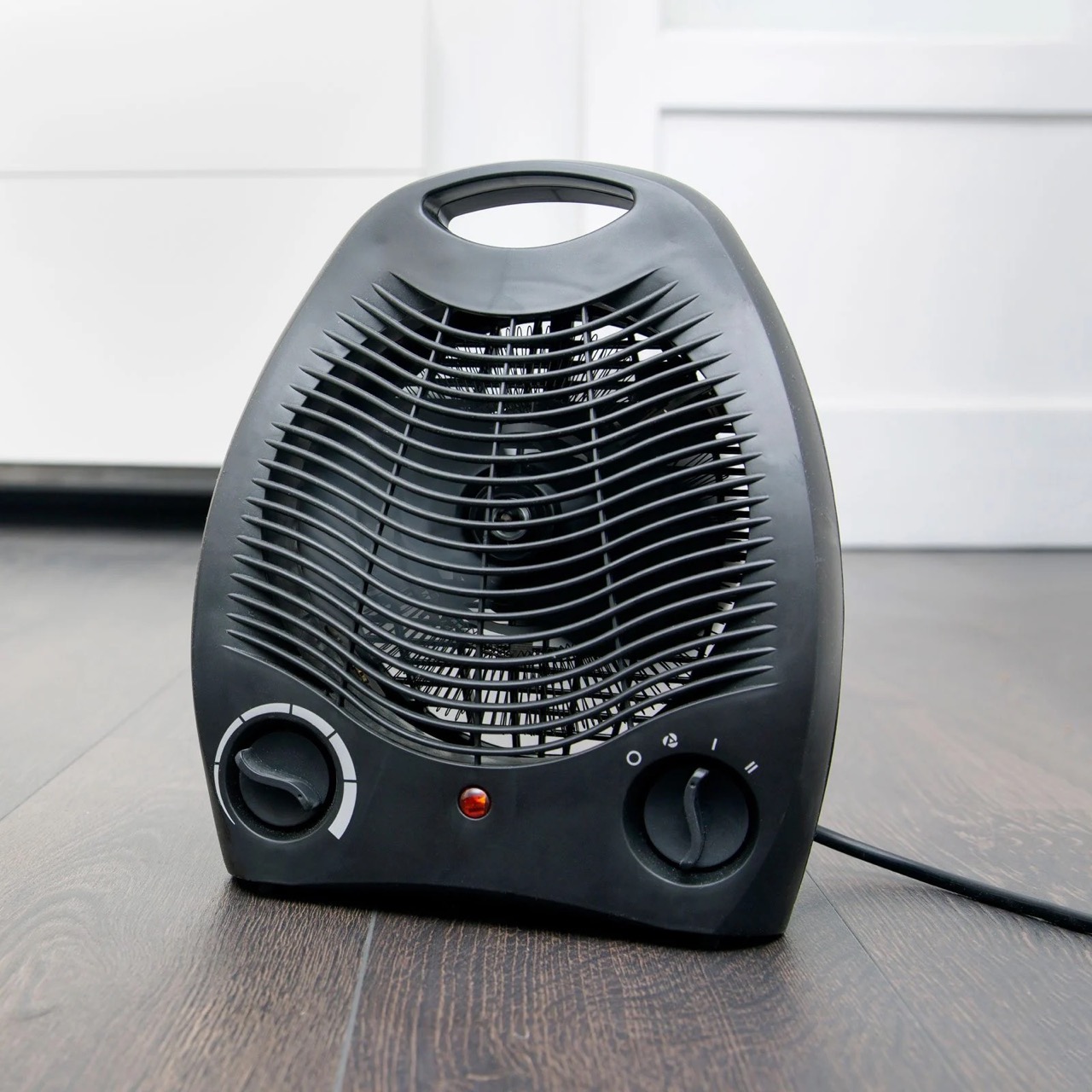
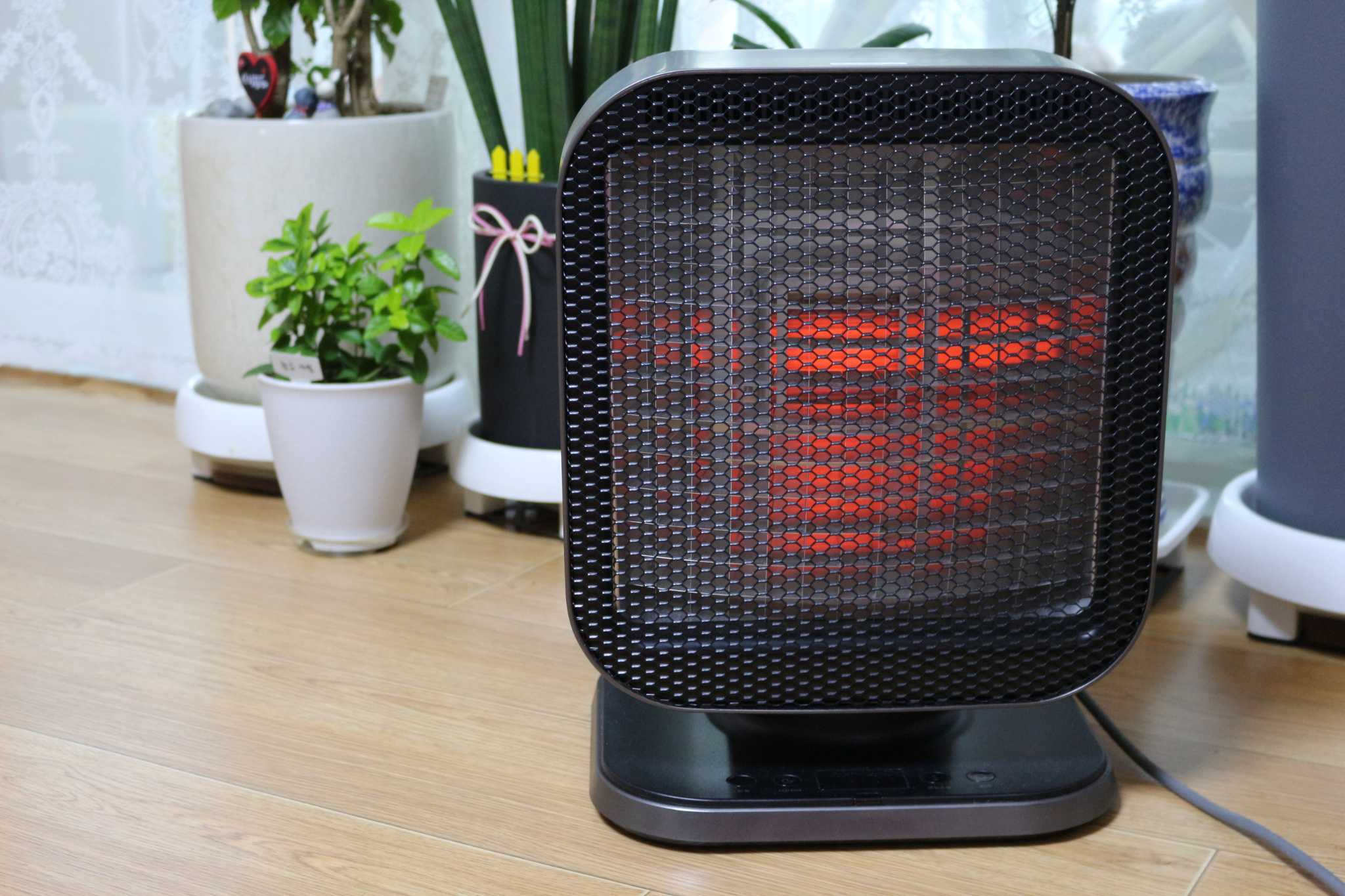

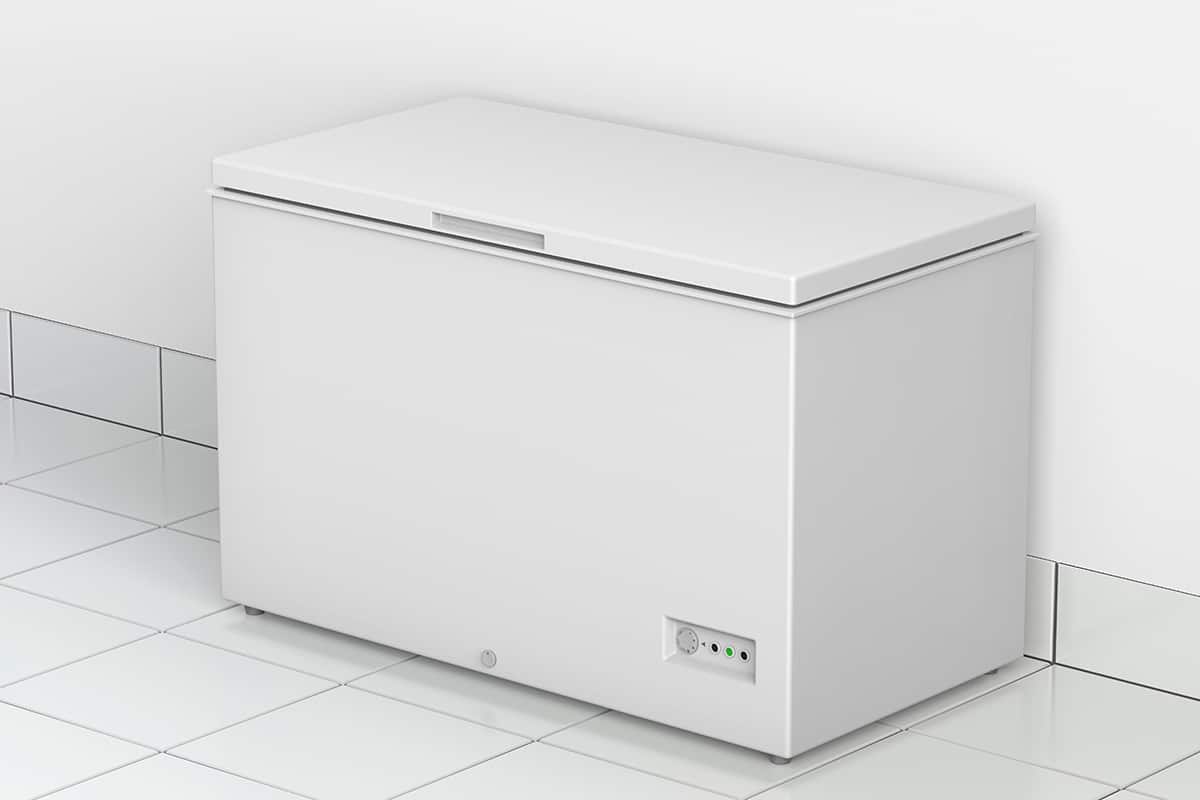
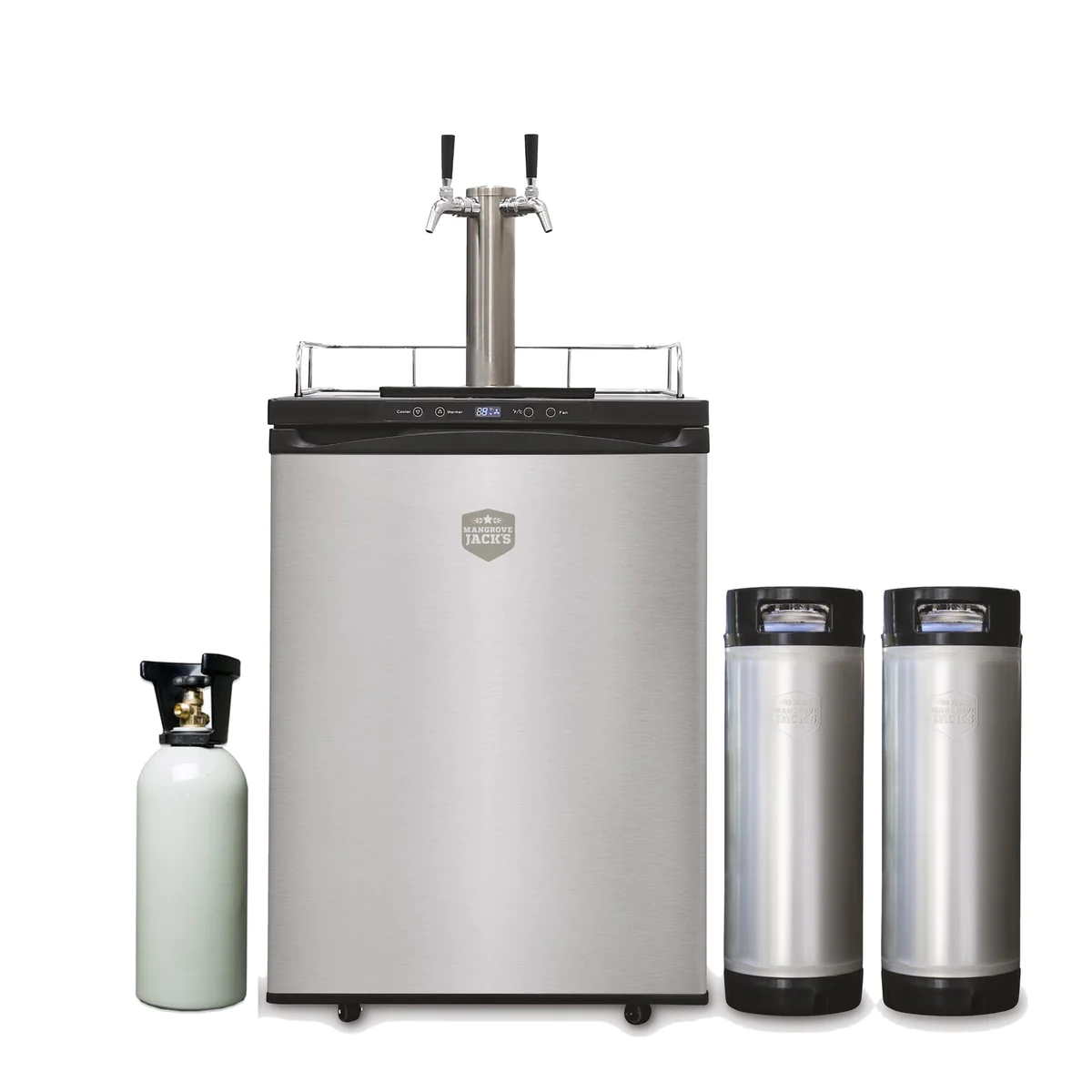
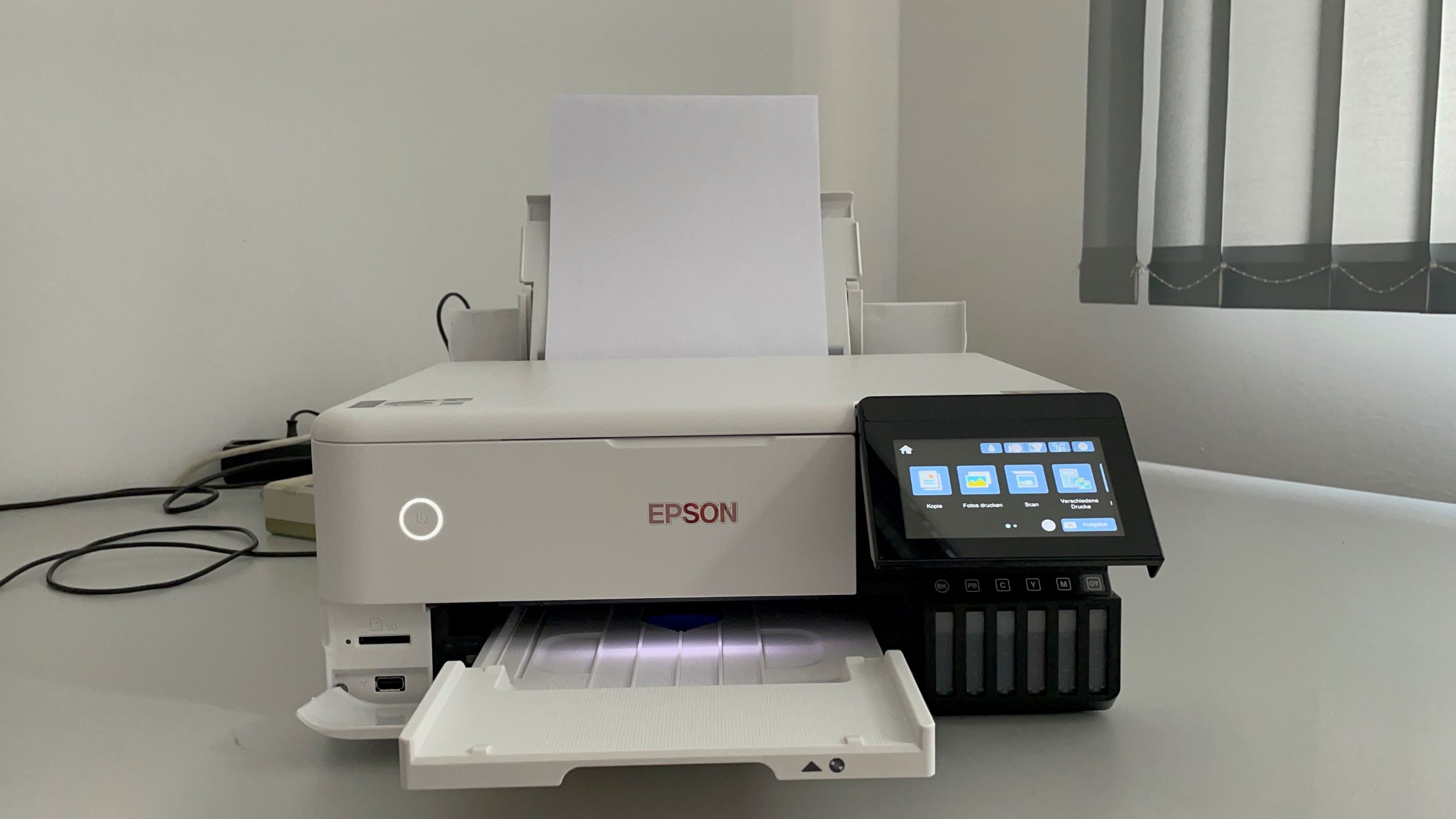
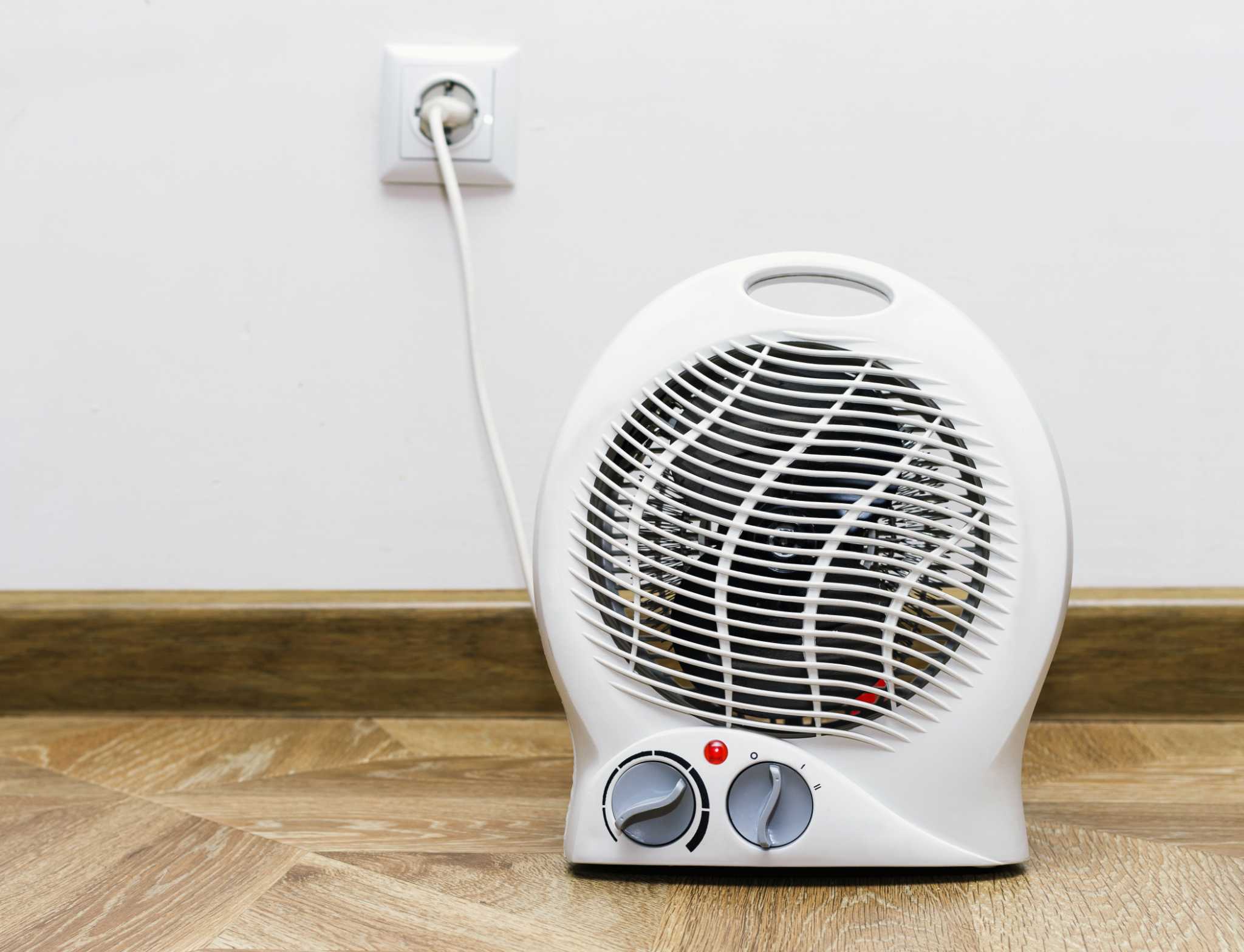
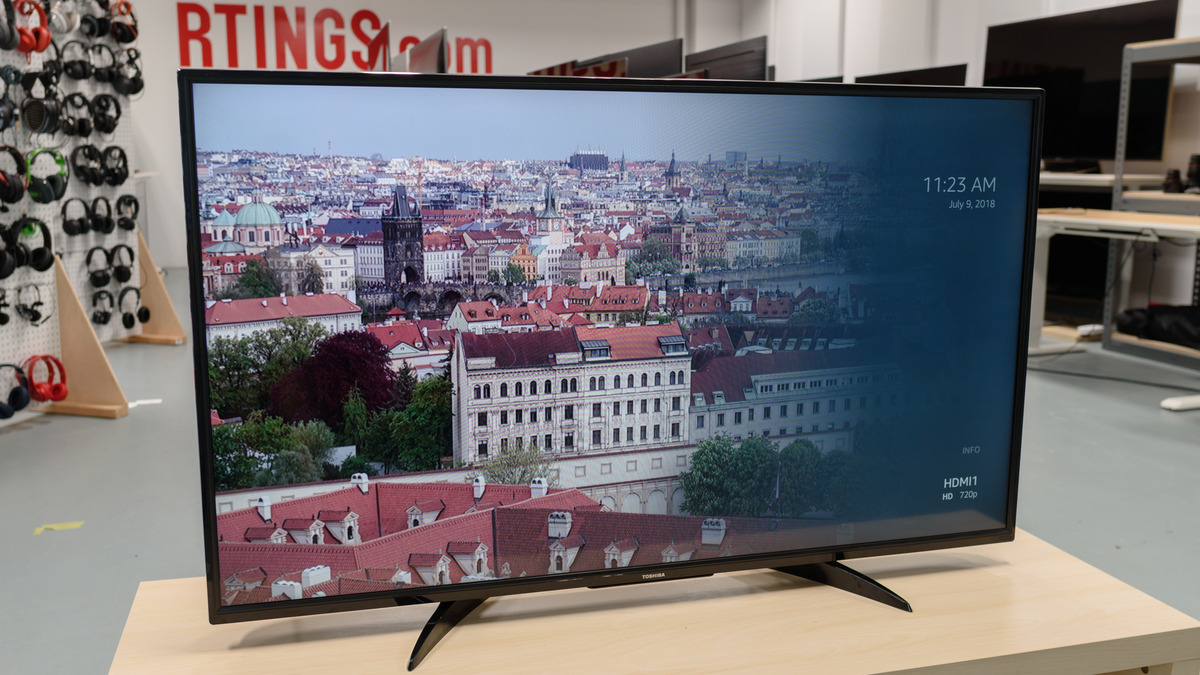
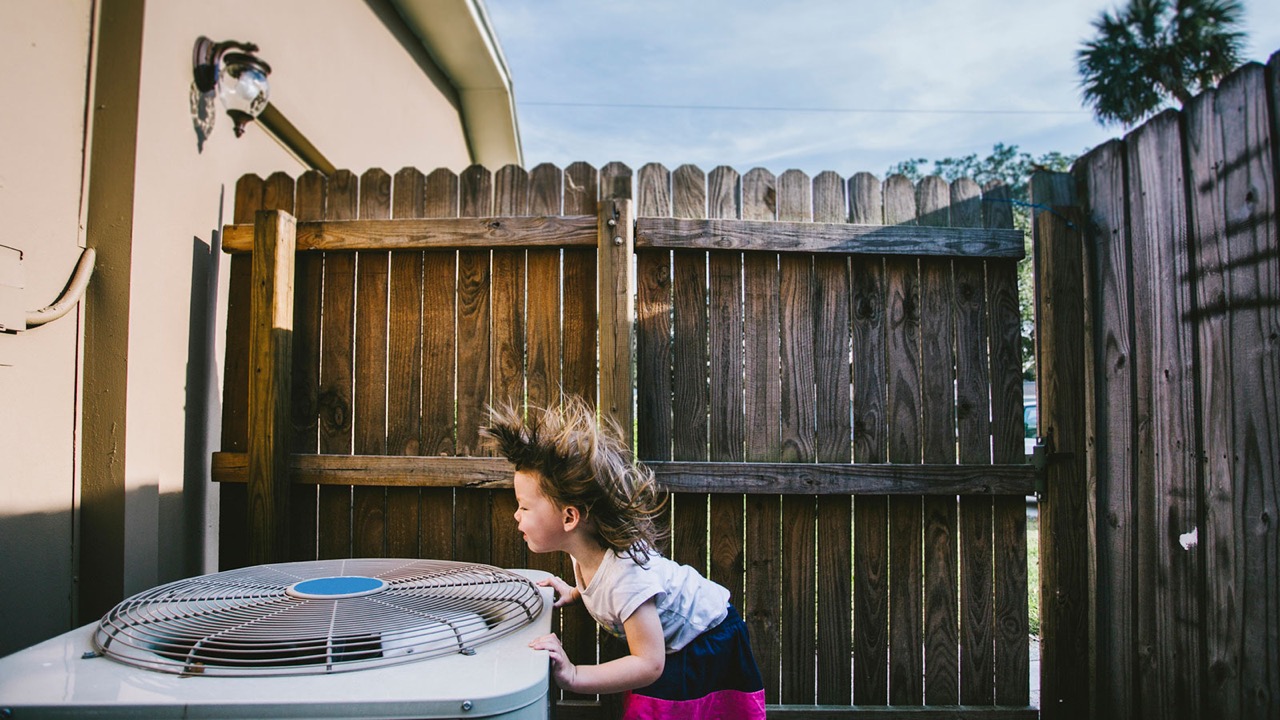
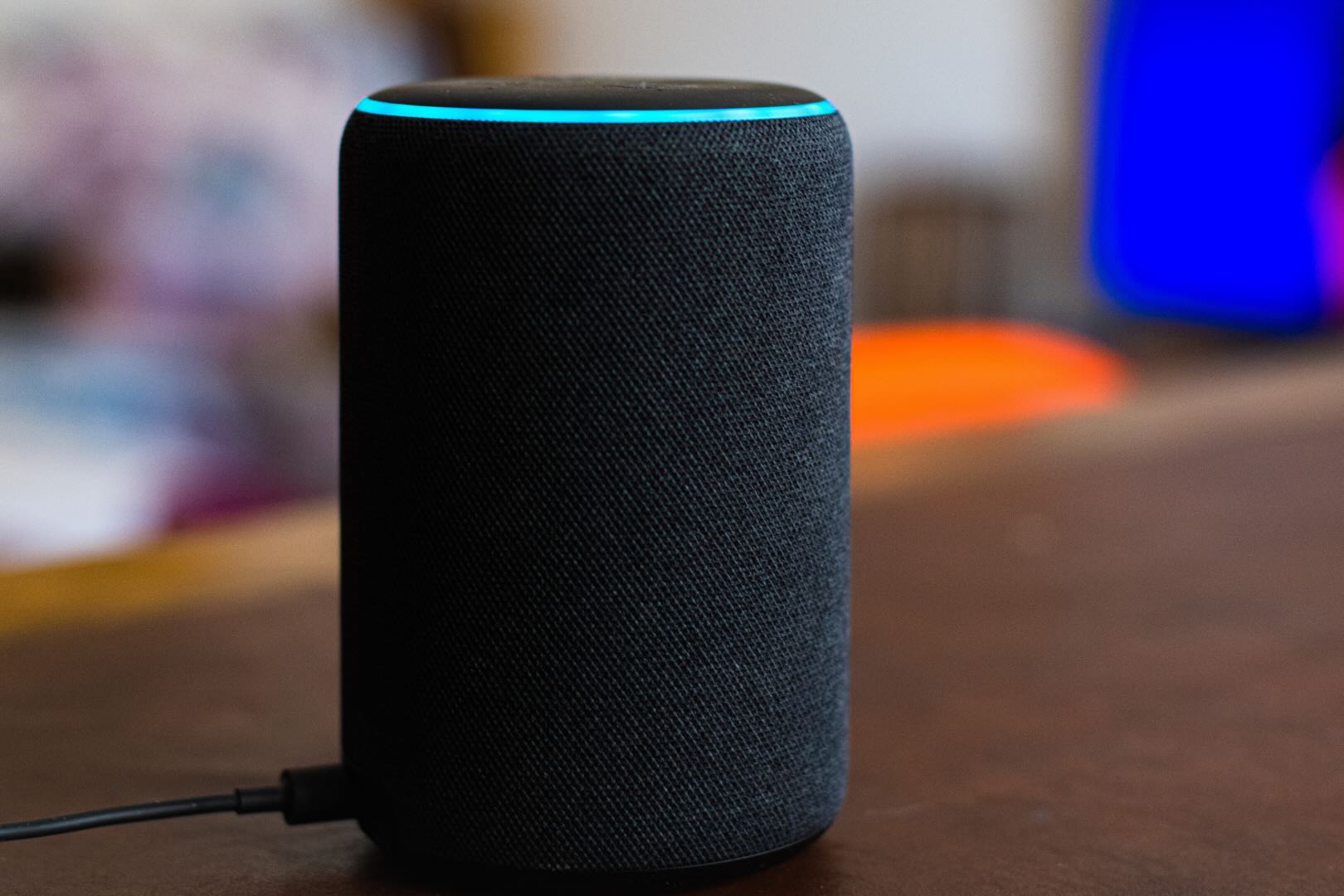
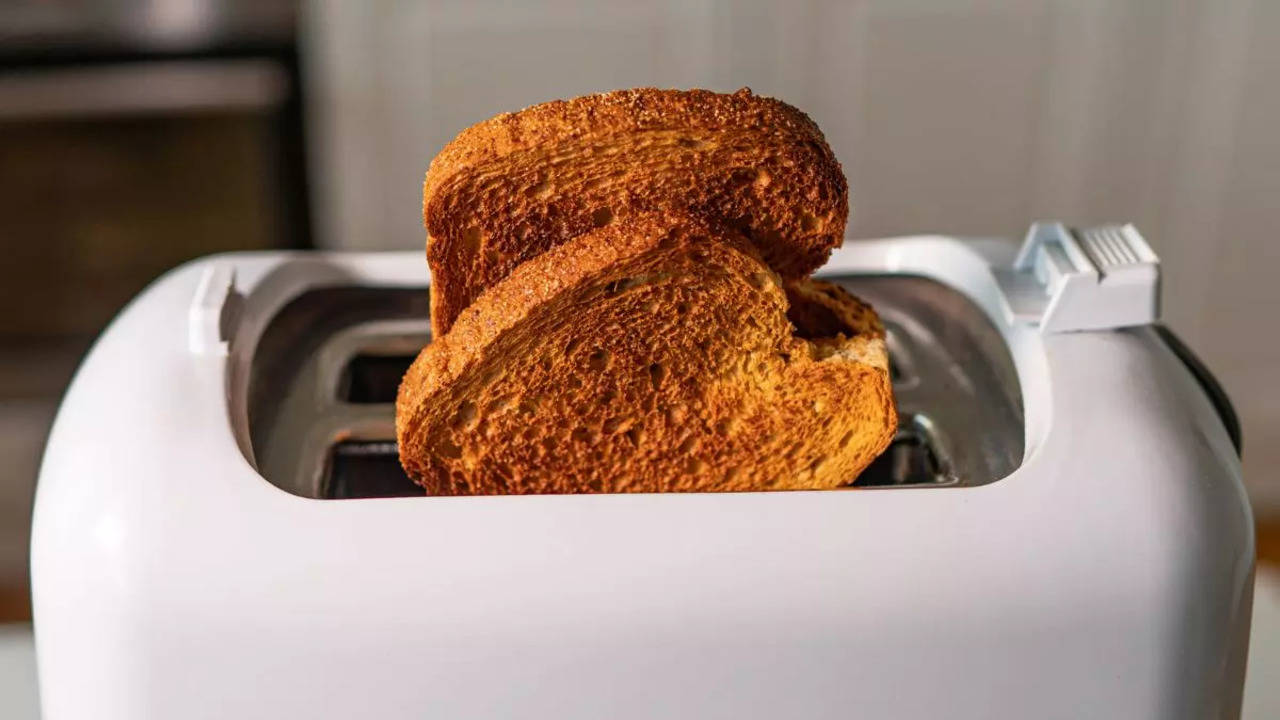
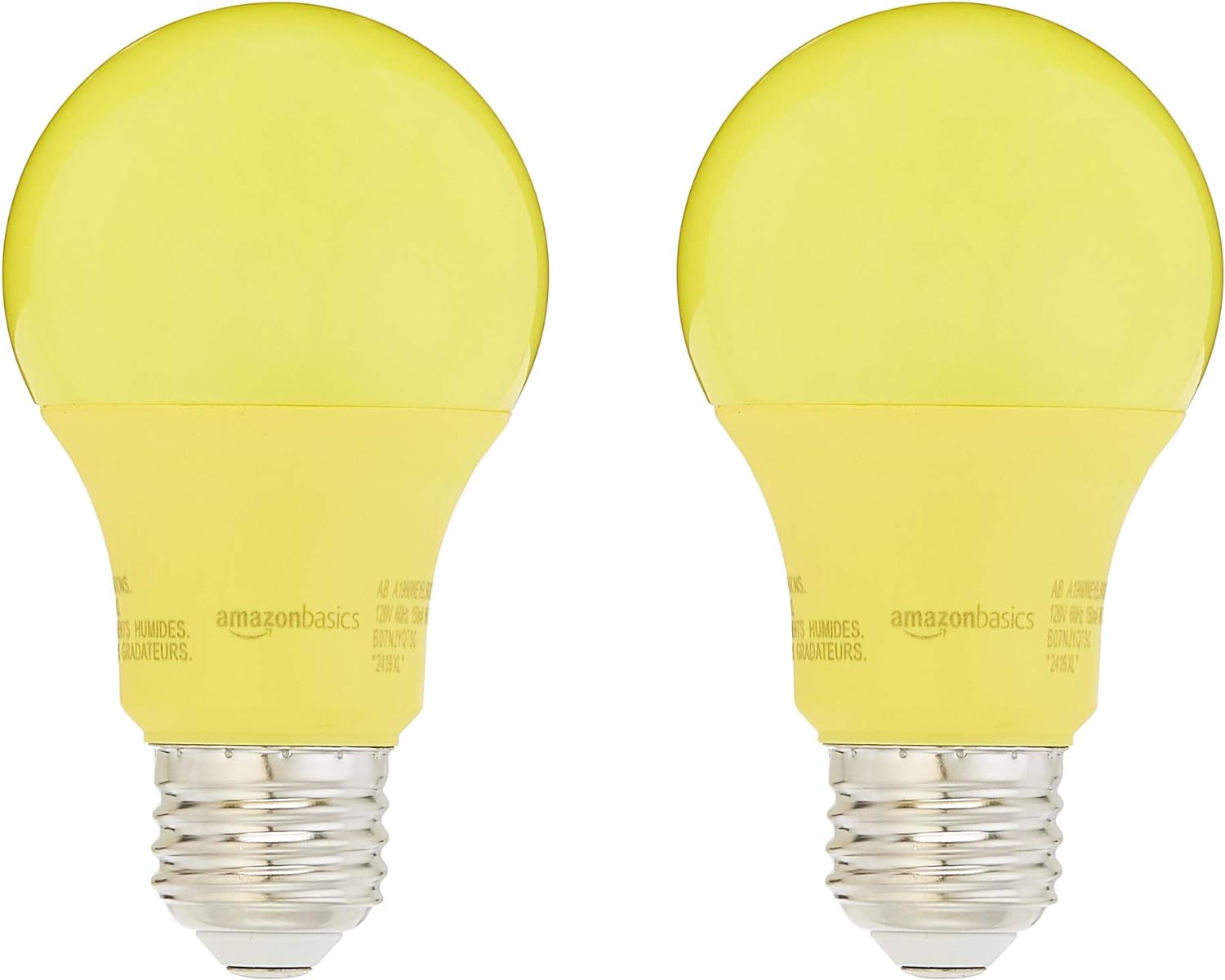
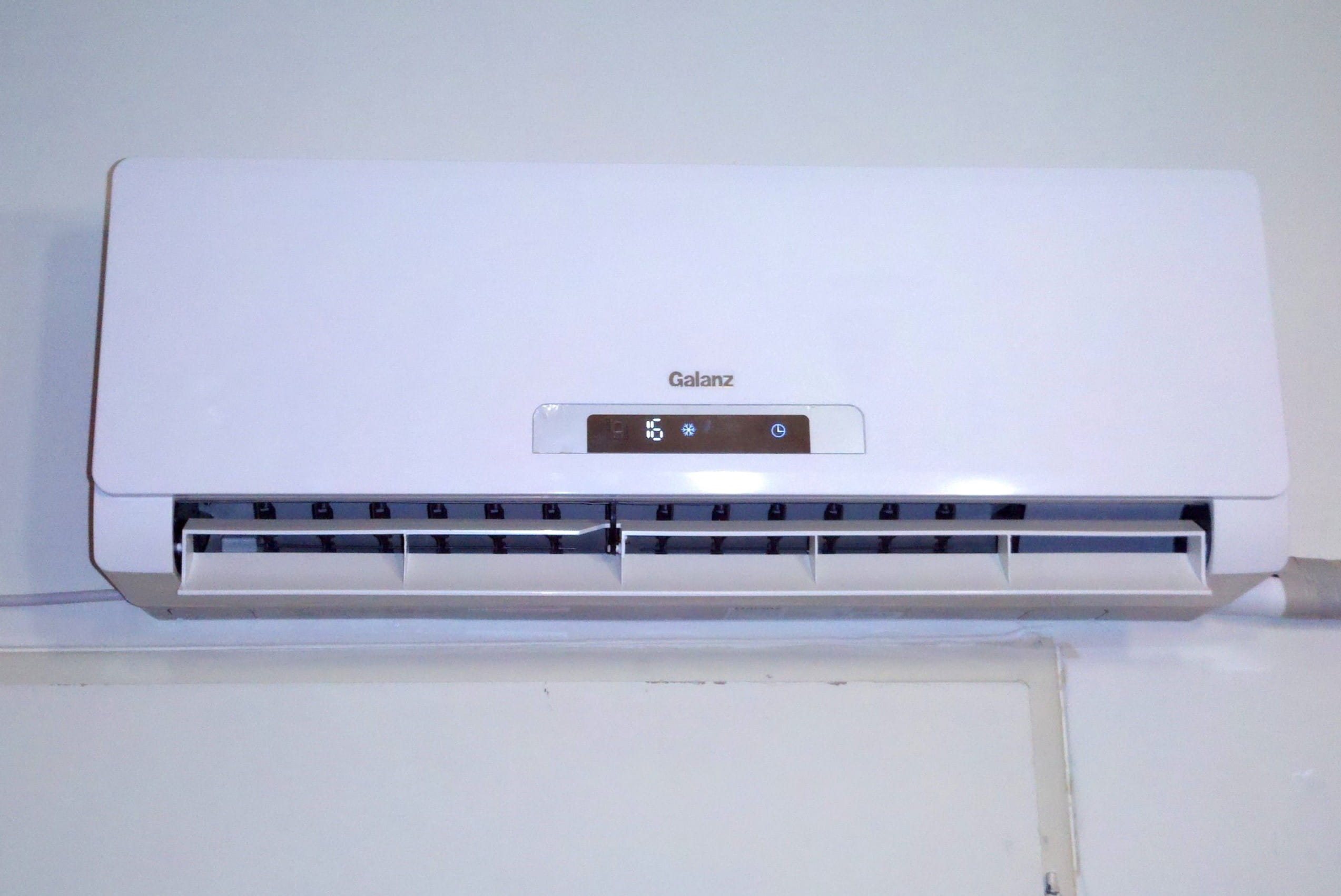
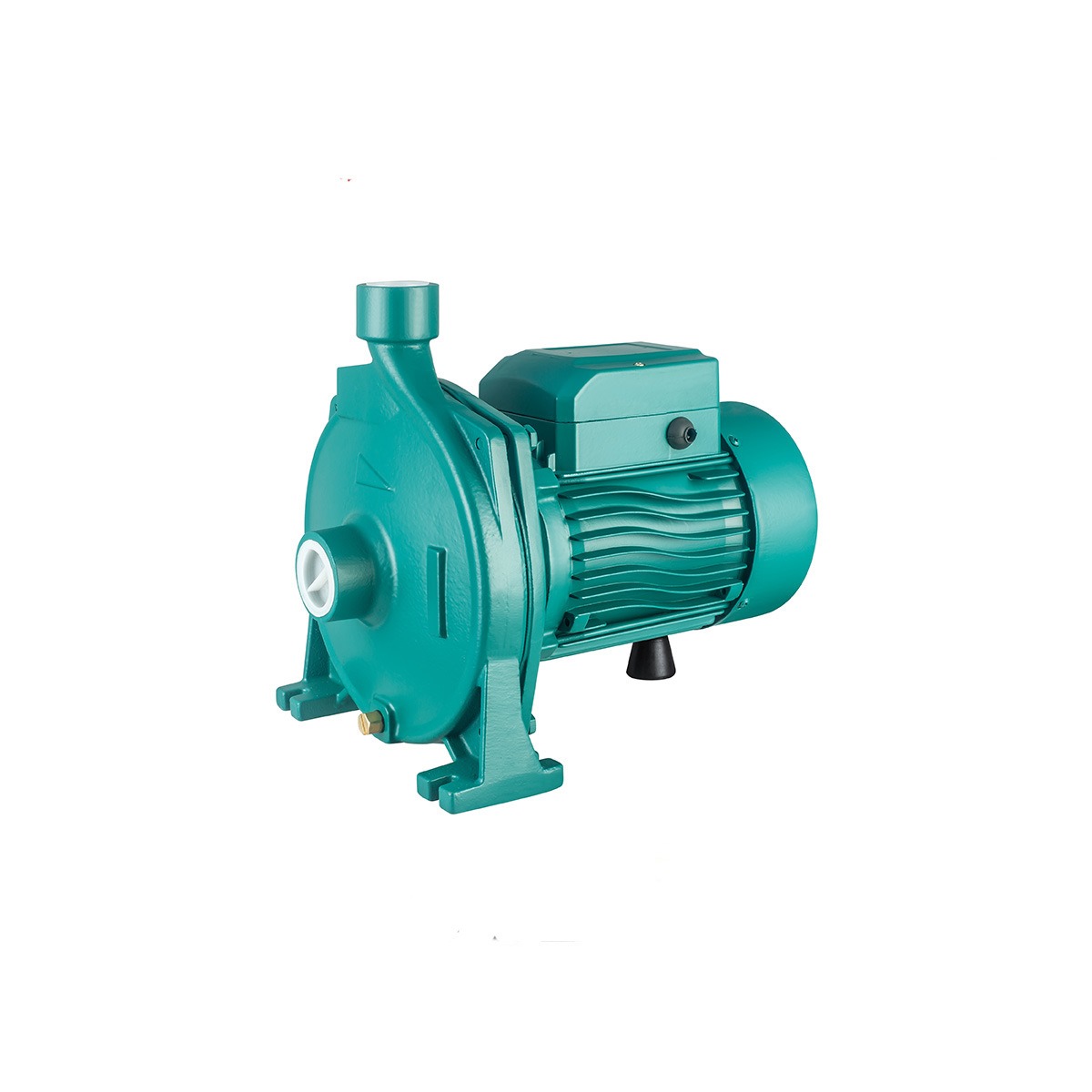

0 thoughts on “How Many Watts Does a Space Heater Use?”